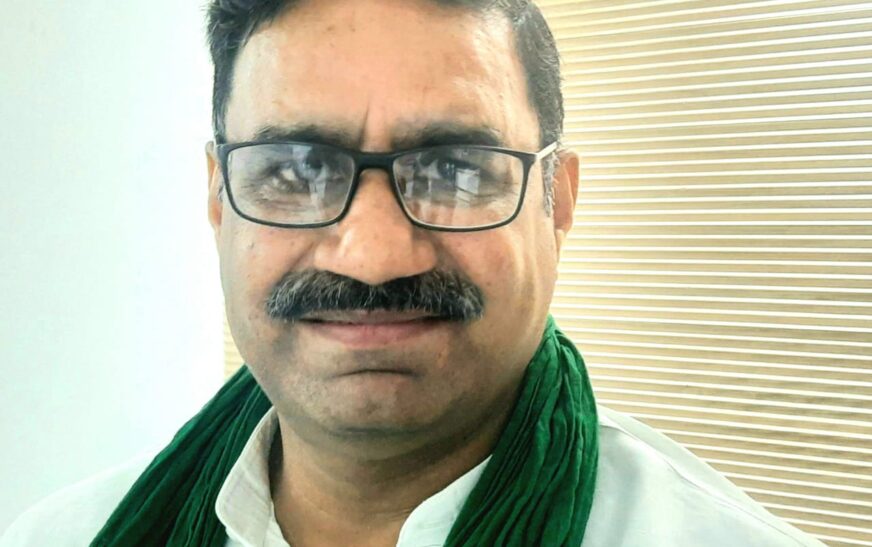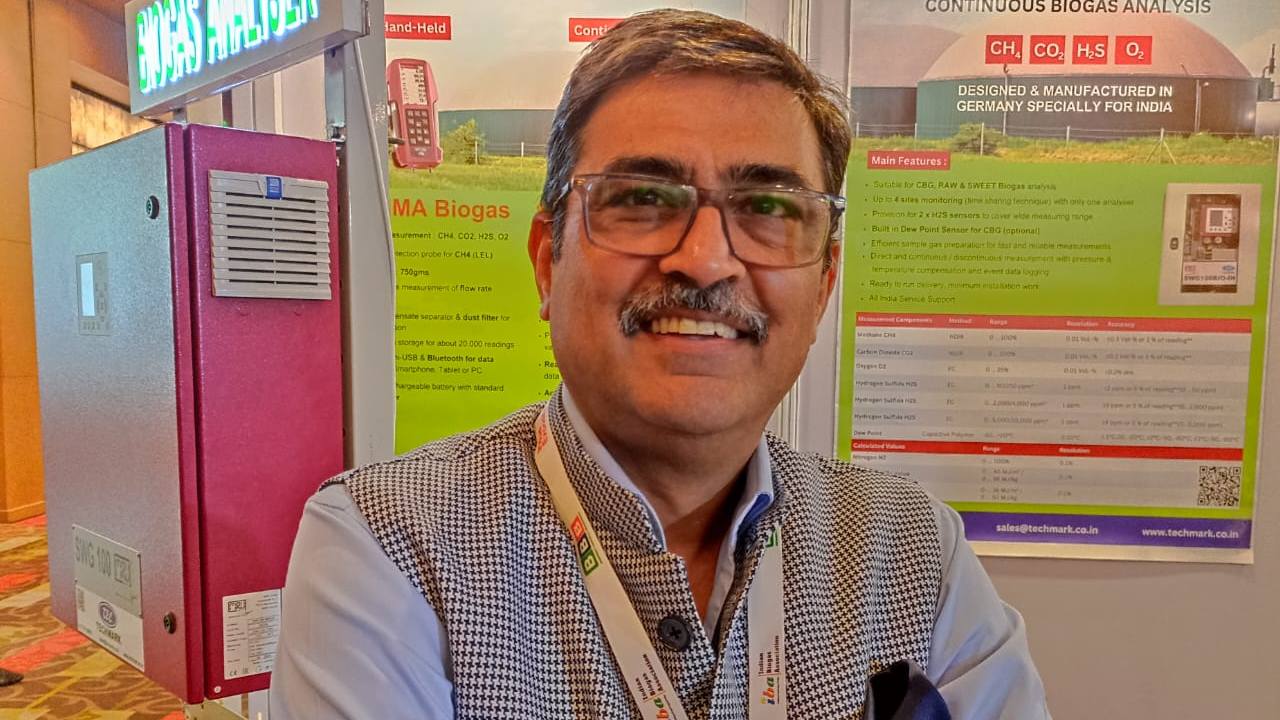Pushpendra Singh, President of Kisan Shakti Sangh, is a distinguished alumnus of the Institute of Rural Management, Anand (IRMA). With a deep commitment to rural development and farmer empowerment, Singh has dedicated his career to advocating for the rights and welfare of farmers across India. Under his leadership, Kisan Shakti Sangh has become a powerful voice in the agricultural sector. His organization addresses critical issues such as MSP, access to resources, and sustainable farming practices. Singh’s education at IRMA has equipped him with the ability to blend academic insights with practical solutions, driving impactful change at the grassroots level.
Singh’s strategic initiatives focus on enhancing the economic stability of farmers through innovative approaches like cooperative models and technology integration. His efforts have significantly improved the livelihoods of countless farming communities, promoting self-reliance and resilience among smallholder farmers. As a respected leader, Singh’s vision extends beyond immediate agricultural concerns to broader socio-economic development goals. His work exemplifies the transformative potential of rural management. Moreover, he is a key figure in the pursuit of sustainable and equitable growth for India’s agrarian sector.
In an exclusive exchange with The Interview World, Pushpendra Singh shares insights into farmers’ expectations surrounding the minimum support price from the Union Budget 2024. Here, we present key highlights from his interview.
Q: What specific actions has the central government taken over the past two years to address the agreement made with agitating farmers’ unions, particularly regarding the provision of a legal guarantee for Minimum Support Price (MSP)?
A: Over the past two years, the central government has failed to implement the agreements it reached with protesting farmers’ unions near the national capital. The government missed opportunities to decisively address demands, including a legal guarantee for Minimum Support Price (MSP). This failure has reignited agitation among farmer unions, compelling them to renew their protests. Their core demand remains unchanged: the government must fulfill its commitments. Once again, the debate hinges on the feasibility of their primary demand—a legal assurance for MSP.
Q: Can you detail the specific requirements farmers are asking for concerning the MSP?
A: Firstly, the demand specifies that MSP should align with the comprehensive cost of production (C2) as assessed by the Commission for Agricultural Costs and Prices (CACP), augmented by 50 percent, a commitment reiterated by Prime Minister Narendra Modi and originally proposed by the Swaminathan Commission. Secondly, it calls for legal enforcement ensuring that the announced MSP for 23 crops obligates all market participants to purchase them at or above this price when engaging in transactions.
Q: Can you provide insights into the production levels of the 23 crops under the MSP and market dynamics?
A: The total value of output from 23 crops at Minimum Support Prices (MSP) in the 2023-24 fiscal year amounts to approximately Rs 15 lakh crore. However, not all produce is sold or marketed. Farmers retain a significant portion for self-consumption, animal feed, and seed purposes. Additionally, some produce is bartered within villages or used to compensate labor. A portion is lost to rodents or spoils during harvesting, transport, or storage, accounting for about one-third of the total value, roughly Rs 5 lakh crore. Consequently, only around Rs 10 lakh crore worth of MSP crops enter the market.
Government procurement, including sugar-cane purchases at mandated rates, totals Rs 4-5 lakh crore. The private sector purchases approximately Rs 5-6 lakh crore worth of MSP crops. On average, private sector payments for all 23 crops fall 25 percent below MSP values in the long term. If MSP had legal backing, private sector payments could have been up to Rs 1.5 lakh crore higher for the same quantities in 2023-24.
Even if the government were to cover this entire amount, it would not exceed Rs 1.5 lakh crore annually, contrary to exaggerated claims by some economists. It’s worth noting that the central government forgone approximately Rs 1.5 lakh crore annually from reduced corporate tax rates in 2019 alone, with this figure increasing annually.
Q: What economic benefits would arise if the money from legal MSP flows to the farmers?
A: If the money flows directly to farmers, it stimulates increased market demand as they spend it. This ripple effect triggers employment and investment growth and boosts government tax revenues. Moreover, ensuring MSP for all 23 crops encourages diversification, aligning with recent government initiatives. This shift reduces reliance on traditional crops like paddy, wheat, and sugarcane, yielding significant economic and ecological advantages.
A robust MSP framework ensures self-sufficiency in edible oils and pulses, crucial for national food security. When government and private sector prices align, farmers are less reliant on government procurement, easing fiscal pressures. This efficiency reduces procurement, storage, and distribution costs, translating into substantial fiscal savings and improved government finances. Therefore, establishing a legal MSP guarantee emerges as a mutually beneficial solution for all stakeholders involved.
Q: Some economists argue that implementing a legal MSP could limit farmers’ market opportunities. What is your perspective on this issue?
A: Some economists argue that enforcing MSP could deter private-sector purchases, leaving the government to buy all produce. Farmers advocate for MSP enforcement only for willing market participants. Despite government-set prices for crops like sugarcane, private mills continue to buy. Analogously, industries haven’t shuttered due to the Minimum Wages Act, nor has fuel demand ceased despite high government taxes.
MSP guarantees a floor price crucial for farmers’ viability. Without it, farmers risk bankruptcy, imperiling food security and consumer welfare. Legally enforcing MSP is essential to uphold farmers’ rights and ensure sustainable agricultural practices.








